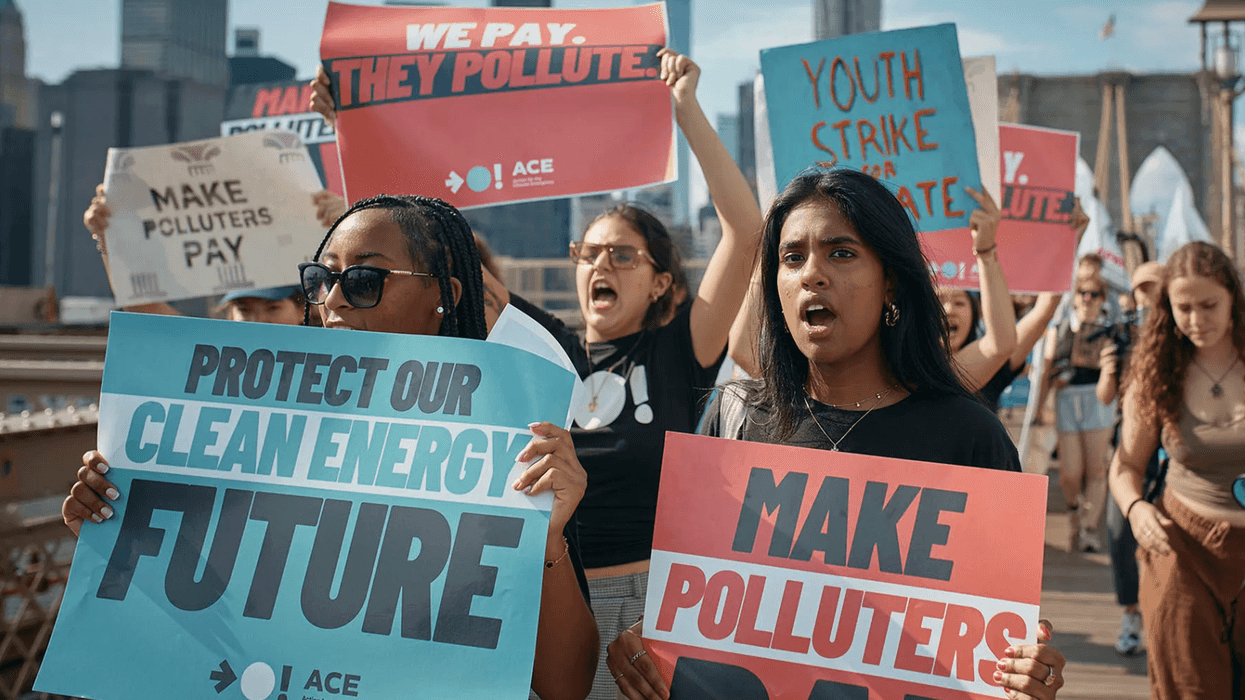Those involved with oversight of the executive branch should do more than simply investigate waste, fraud and abuse, one of the most prominent "good government" think tanks has concluded.
In a report released Tuesday, the Bipartisan Policy Center examined how executive branch agencies review their own operations and how Congress puts fresh eyes on the bureaucracy, analyzed the effectiveness of current practices, and offered recommendations to improve processes.
The report was produced by a collection of former federal officials assembled last fall to offer recommendations on improving the practices of both internal and external oversight.
The report is a follow-up from a study last year hailing the success of the inspector general's pursuit of uncovering abuse and fraud. The new report concludes that while such investigations are a necessary part of executive branch oversight, government watchdogs should also seek to broaden their focus to account for the performance of the agencies.
"While the compliance aspect of these investigative activities has surely been beneficial, the fact remains that most of the government is spending too much time complying with reporting requirements and not enough time accomplishing their missions," the new report concludes. "By shifting the emphasis of oversight to improved performance rather than compliance for compliance's sake, there may be meaningful program improvements that benefit both the federal government and the public."
The report's recommendations include bodies that provide external oversight increasing their focus on an agency's performance goals and more collaboration among both internal and external oversight bodies, in general.
"Effective oversight is multidimensional and entails more than just a compliance component," said Dan Blair, a senior counselor at BPC and former deputy director of the Office of Personnel Management. "It requires a framework that evaluates risk and assesses agency and program performance."




















